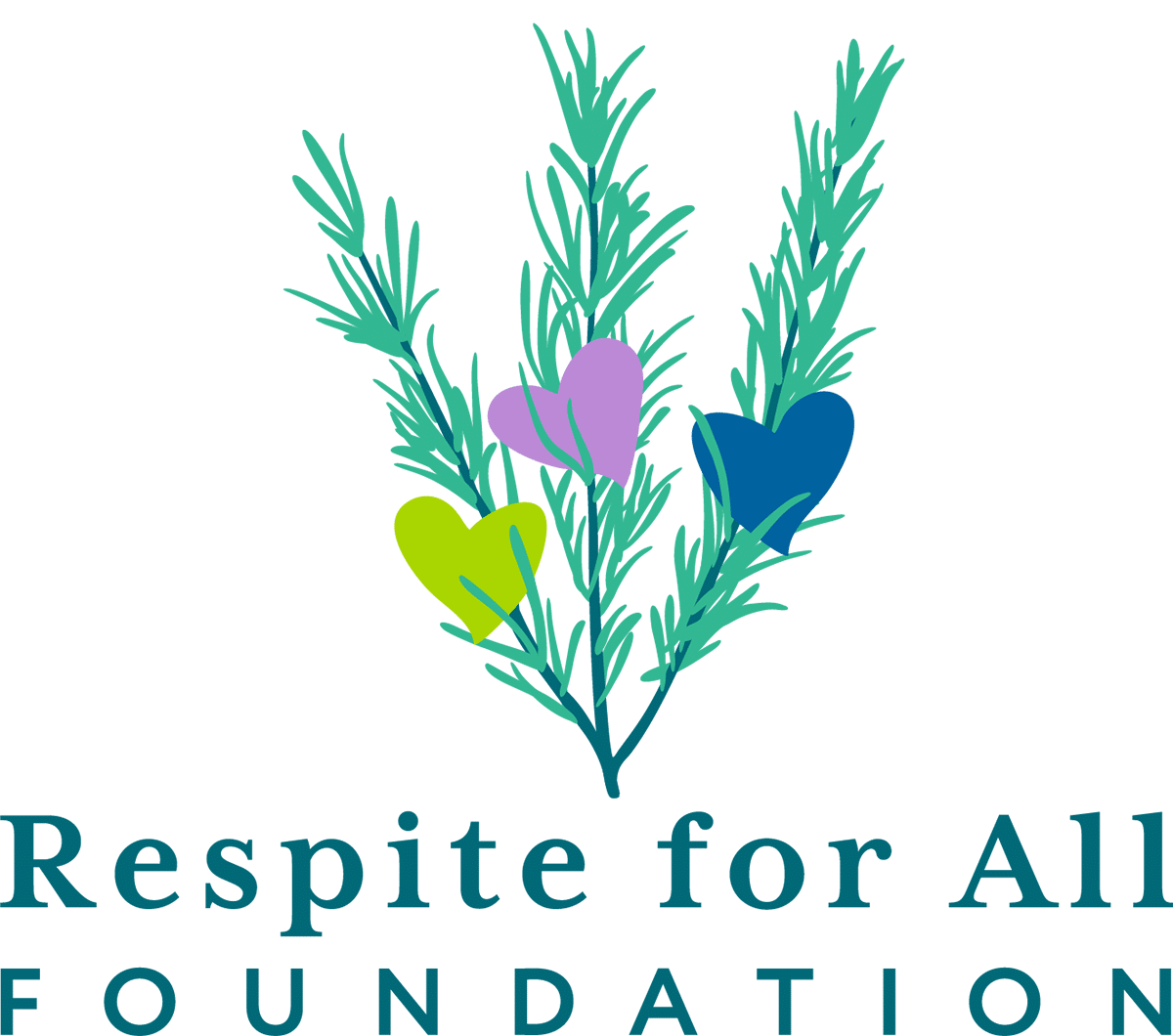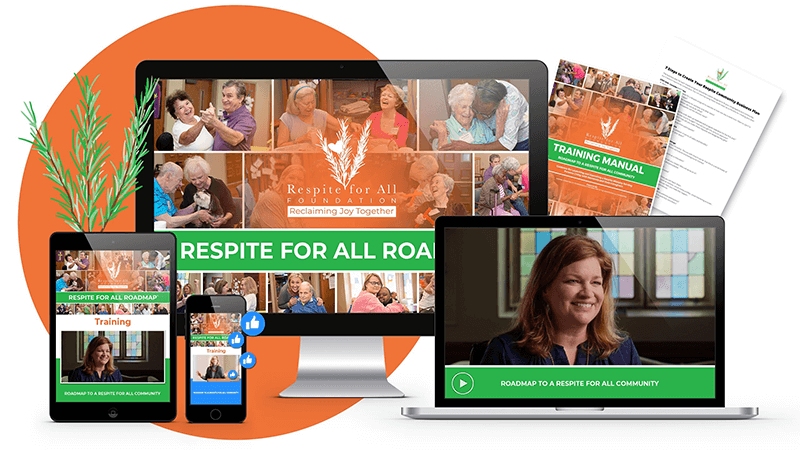[vc_row][vc_column][vc_column_text]Montgomery, Ala. – There are almost 6 million cases of Alzheimer’s disease in the United States, with the number of cases expected to reach more than 13 million by 2050, creating a U.S. economic burden of $305 billion a year and costing families an average of more than $235,000. As the number of Alzheimer’s cases grows, so does the number of care partners. What’s more, many care partners are unable to leave their loved ones at home alone and cannot afford to hire in-home help.
“New systems are needed that focus on allowing people to remain in their homes longer while reducing caregiver burnout and social isolation,” said Daphne Johnston, executive director and co-founder of the Respite for all Foundation. Fortunately, with Johnston’s leadership, faith-based organizations now have the opportunity, the model, and the available training to be part of that answer for their communities.
The Respite for All Foundation’s volunteer respite model is a game-changer in respite care for individuals living with Alzheimer’s disease and other forms of dementia. Typically hosted by a church, Respite for All communities meet one to four days a week for four hours (10am-2pm) and incorporate a schedule of social time, cognitive stimulation, exercise, art, games, and music. Along with a one- or two-person staff, the activities are led by a team of trained volunteers.
Previously, Johnston had trained new communities and their volunteers in person. Thanks to support from the Arthur N. Rupe Foundation and the Alzheimer’s Foundation of America, RFA was able to create a comprehensive online training program, the Respite for All Roadmap, that provides a complete blueprint for local leaders in any location to follow as they establish a Respite Ministry in their communities.
The training program is available for purchase at RespiteForAll.org, a newly launched website that is filled with resources to help local decision-makers understand the key aspects of establishing a Respite for All ministry.
The Respite for All Roadmap includes six implementation modules that provide insights into the RFA model, why it is sustainable and cost-effective, and how it helps solve a community need. Local leaders get guidance on securing the right director and organizing the business structure within the church, as well as an understanding of the common types of dementia. In addition, the Roadmap includes a downloadable PowerPoint and other resources for use in training local volunteers.
The volunteer respite model had its beginnings in 2012, when Johnston launched a volunteer-based Respite Ministry in Montgomery, Alabama, at First United Methodist Church. She quickly saw potential to replicate the successful model in other communities, and within two years, two new Respite communities based on this model opened in Birmingham. In 2018 Johnston and caregiver Warren Barrow co-founded the Respite for All Foundation (RFA) as a commitment to spread the model across the country.
“Designed for early to middle stages of diagnosis, RFA communities empower individuals living with Alzheimer’s disease,” Johnston explained. “They enjoy social time, recreation, joy and belonging without stigma, and with respect for their dignity and ability to choose. RFA is intentional about creating service project opportunities for participants to enjoy contributing to their communities again, and volunteers gain new purpose as they deliver compassionate care. Just as importantly, churches and faith-based organizations bring their unique resources to bear to respond to a social need that affects their entire community.”
Today, the RFA Network has 28 active programs across seven states. Local organizations set their own participant costs at around $40 a day, though they usually build in a way to take others who are unable to pay. Initially designed for churches, the model can be adapted by other faith communities and service-oriented organizations.
“The Respite for All Roadmap is here to help you bring hope, joy and friendship to individuals living with Alzheimer’s disease and dementia,” Johnston said.[/vc_column_text][/vc_column][/vc_row]

